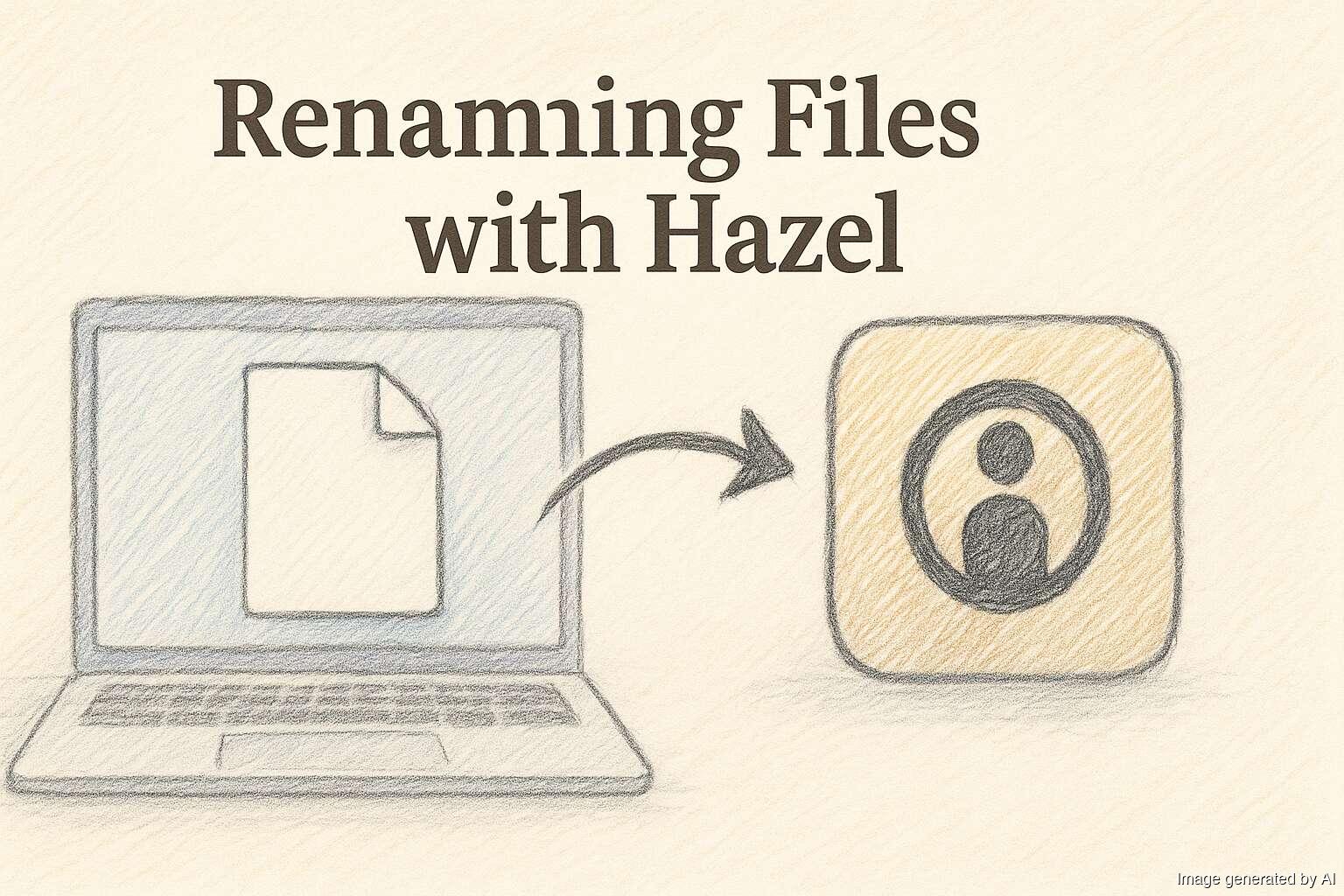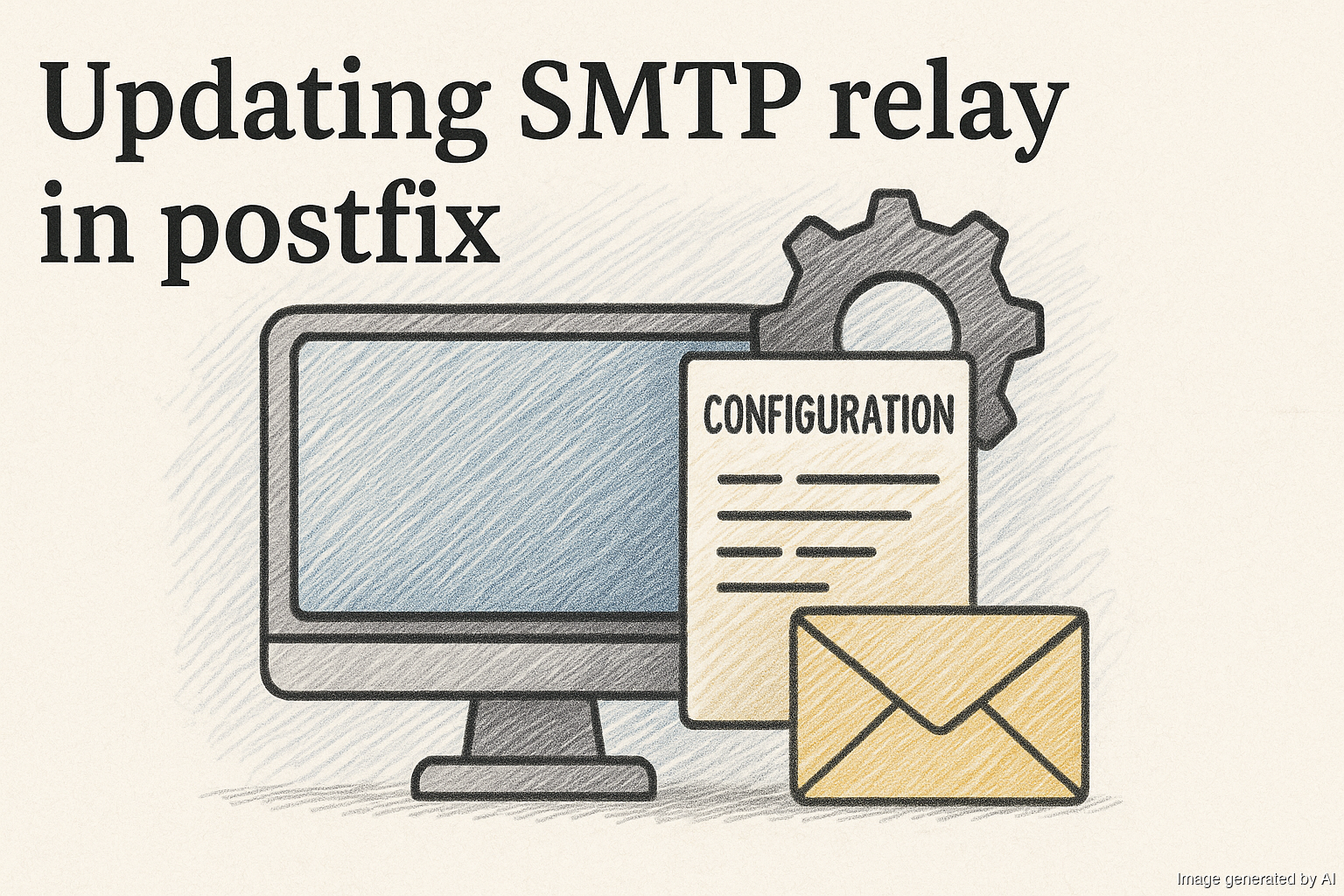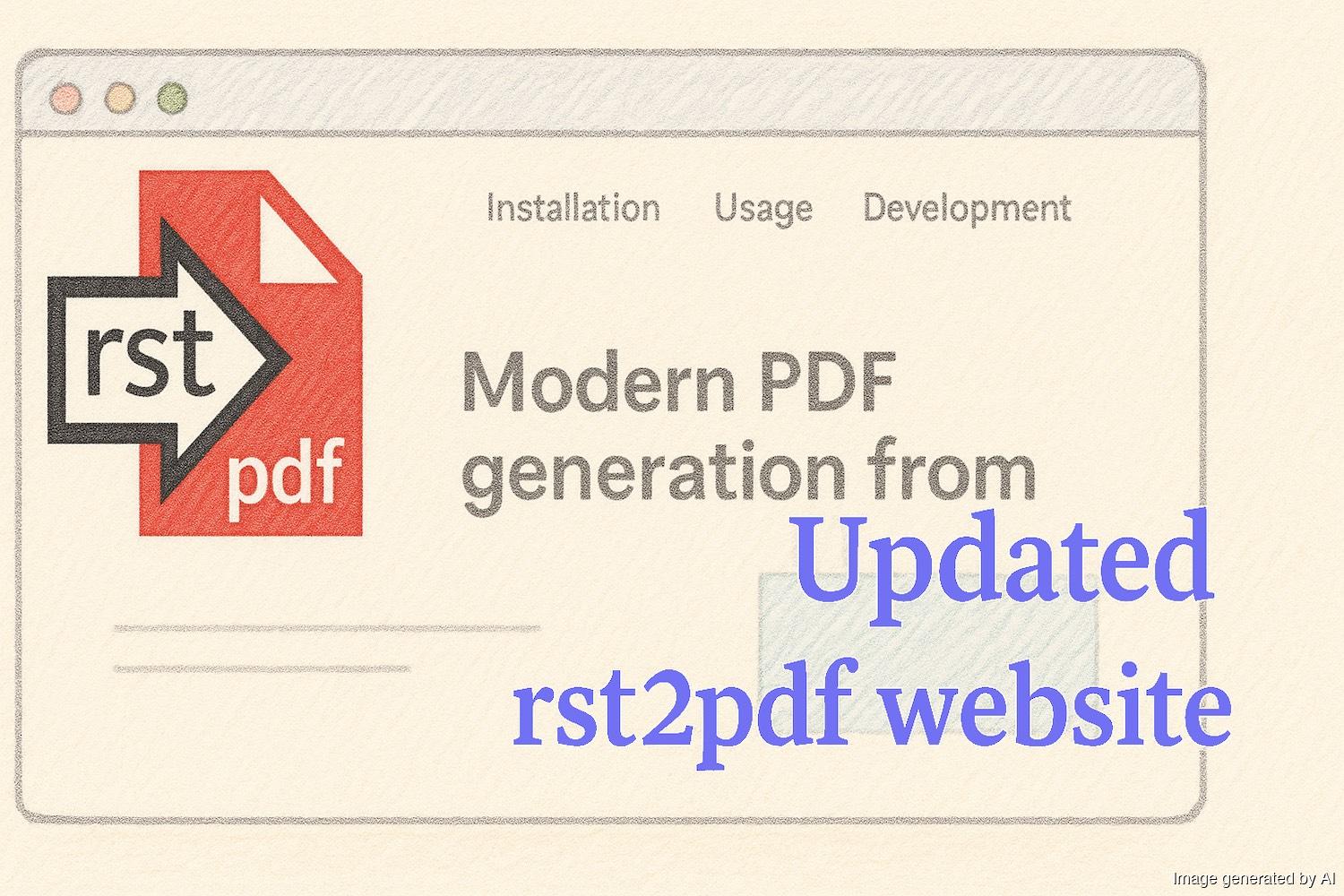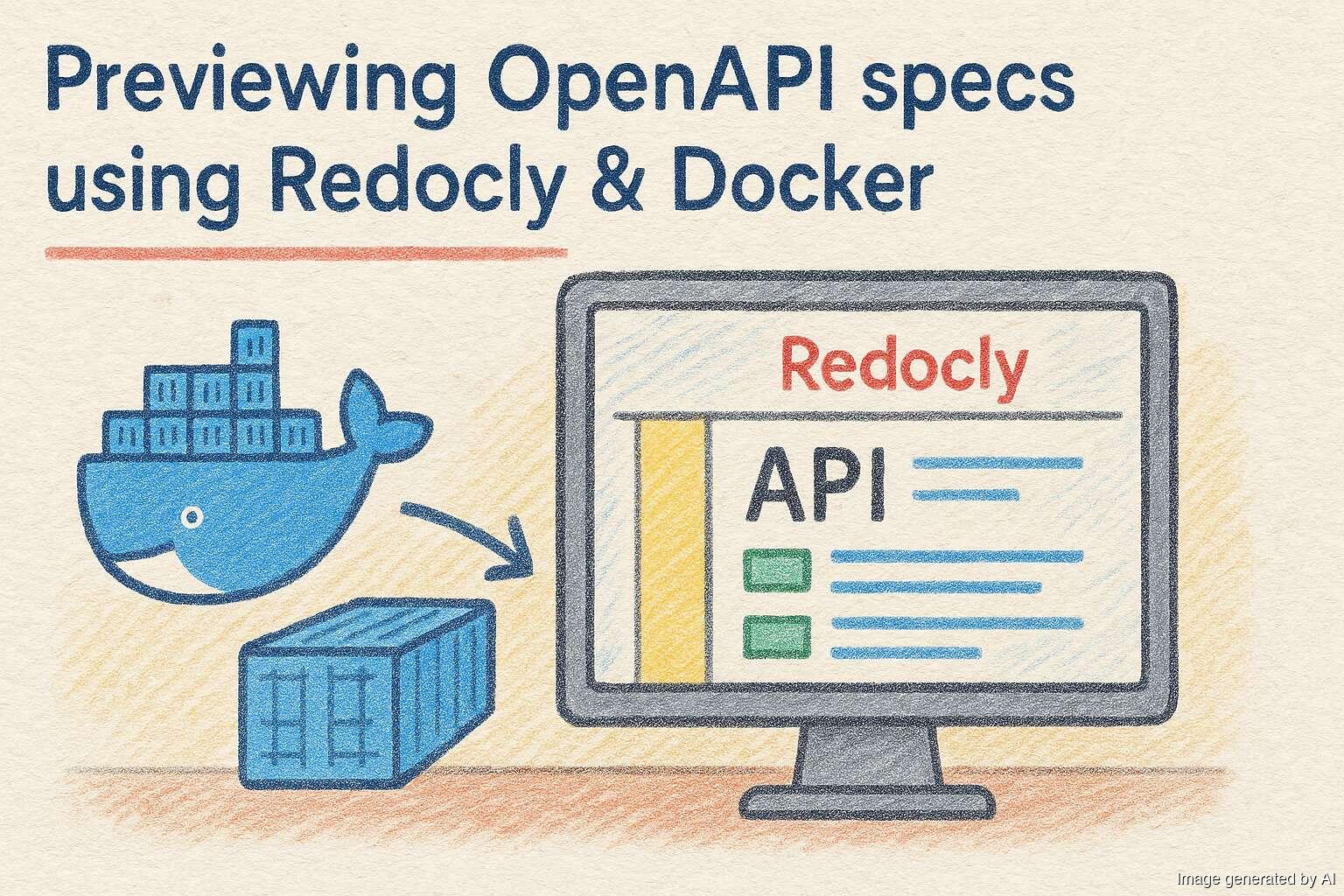FIxing Linux Tailscale exit node routing

I run a Tailscale network so that remote computers can access local services. I also have a Linux box at home on that network that advertises itself as an exit node and recently noticed that it wasn't working. I had some time recently to sit down and work out what was going on. My initial suspicion was that it was DNS related as a cursory search brought up lots of results related to DNS. However,… continue reading.











